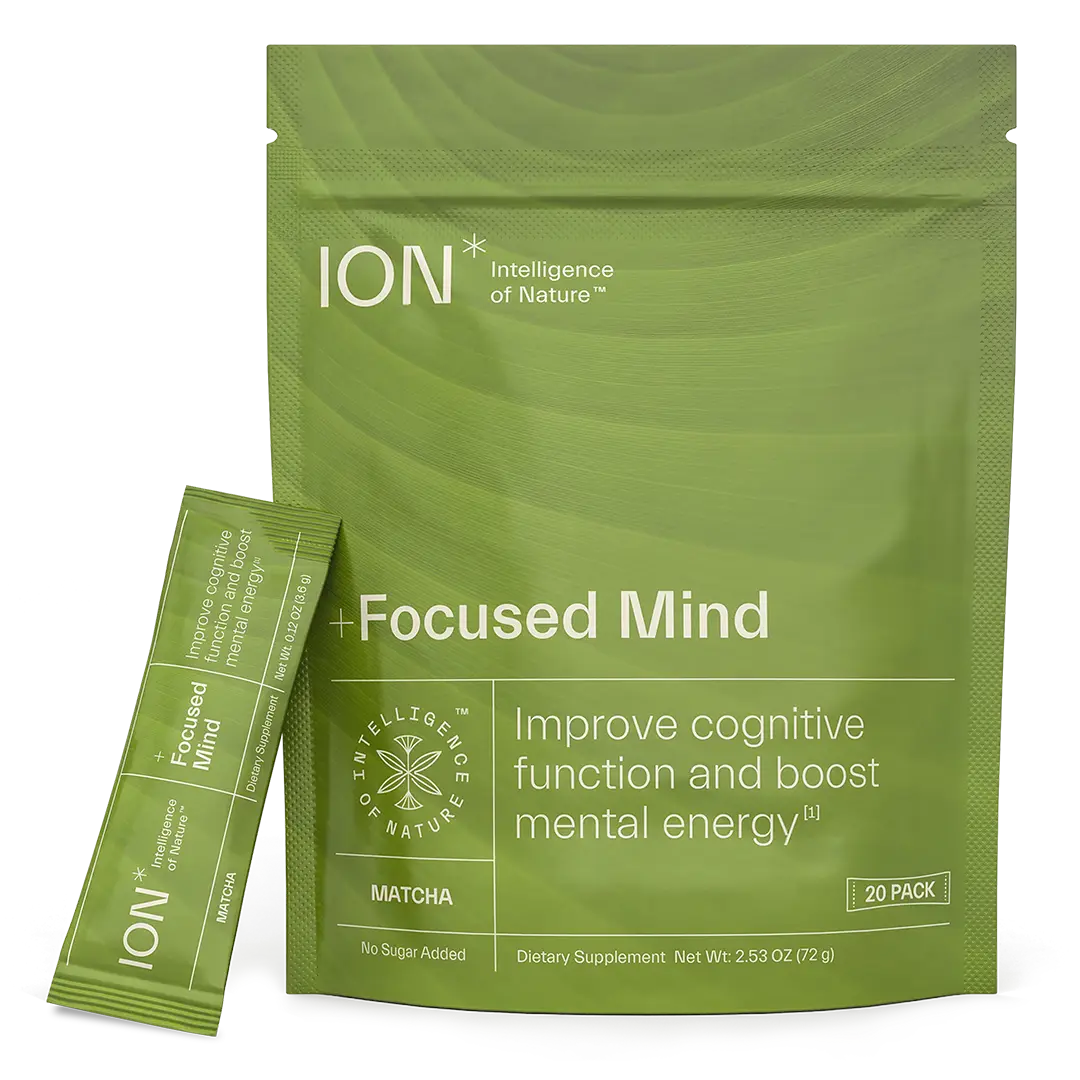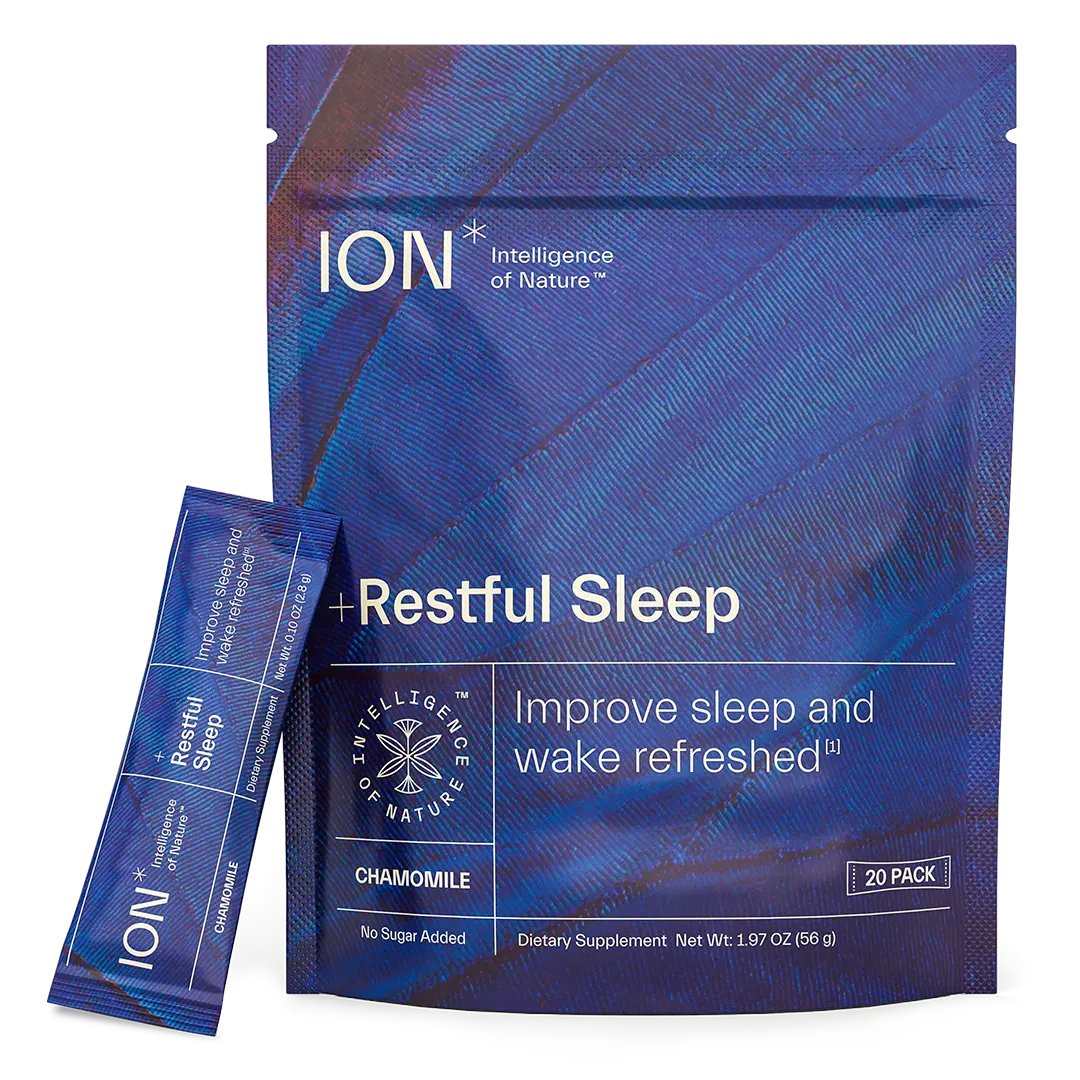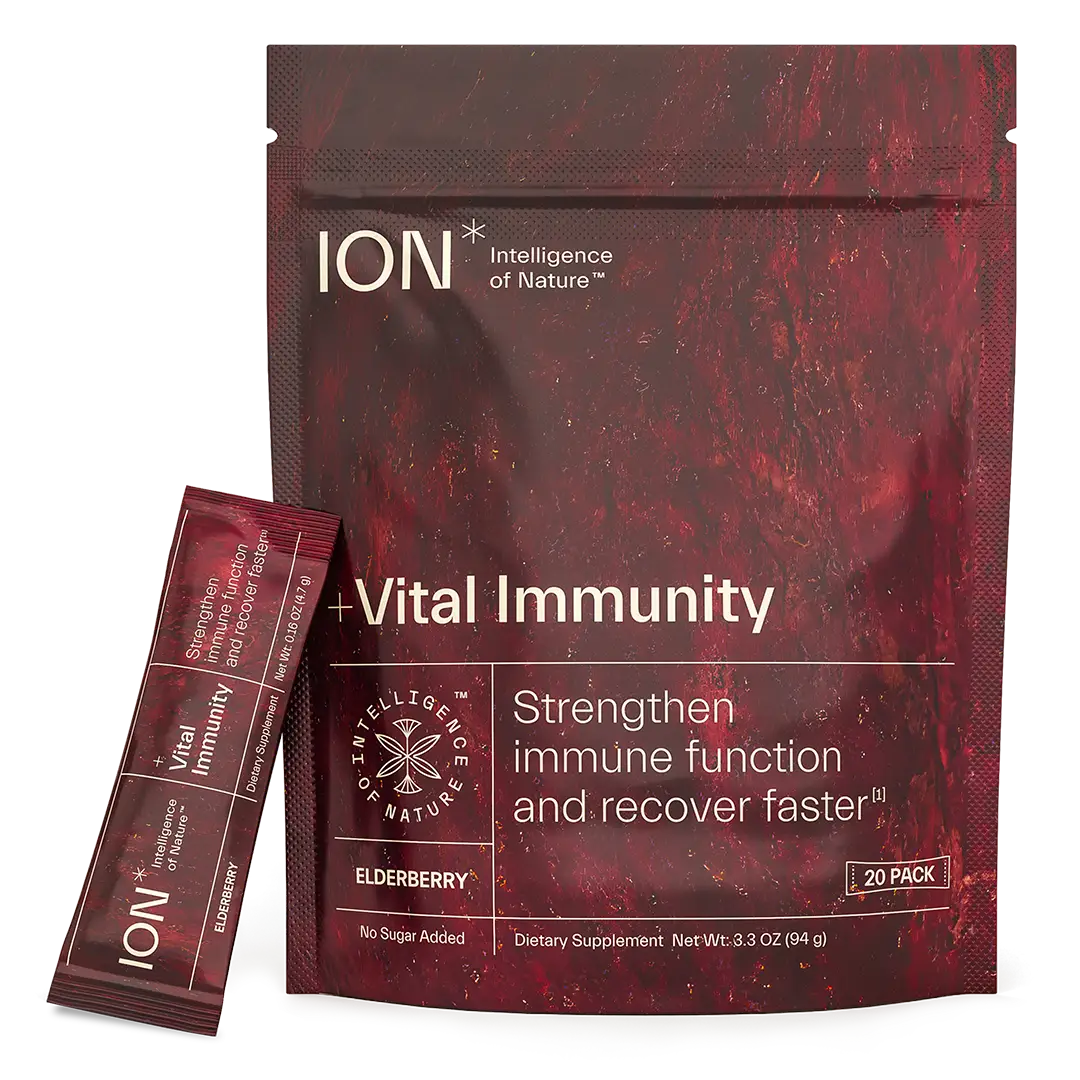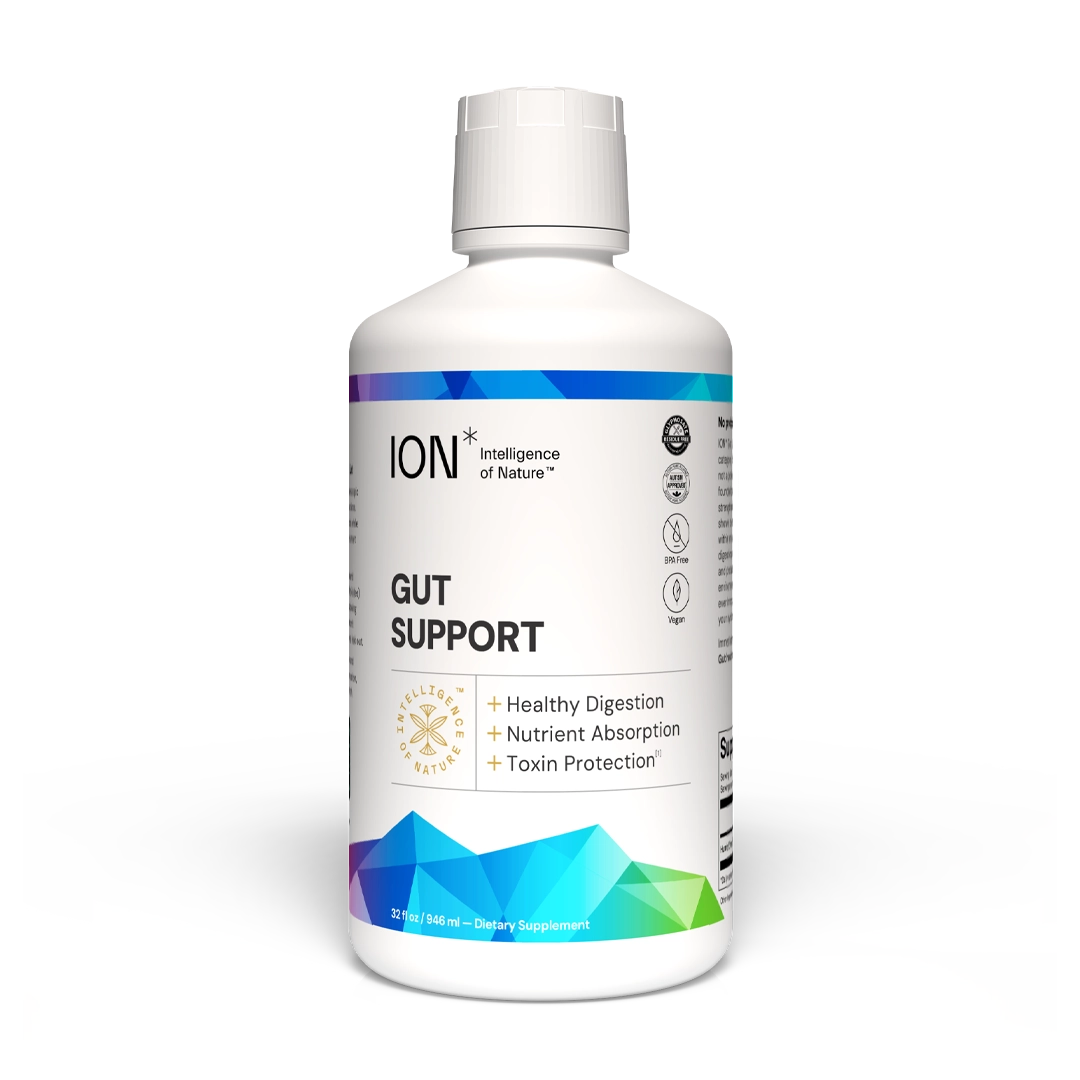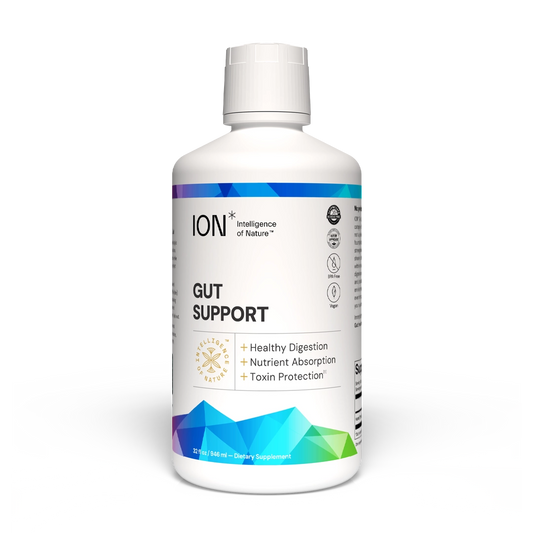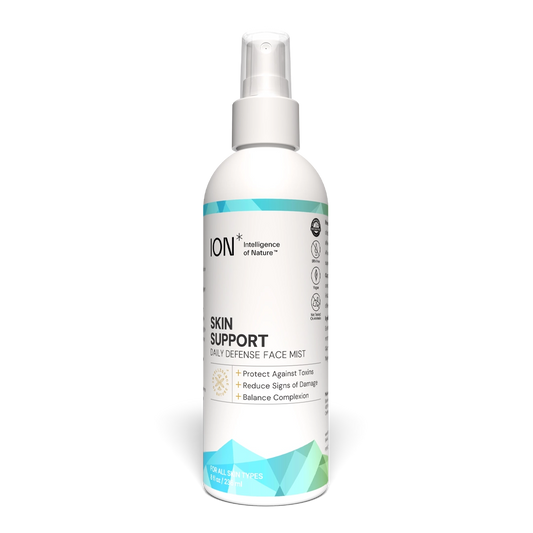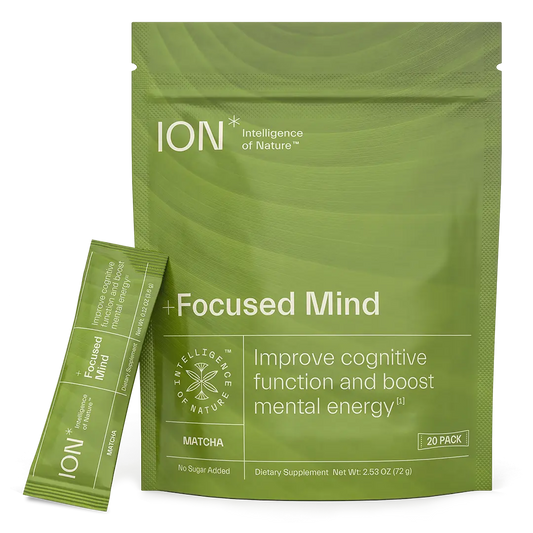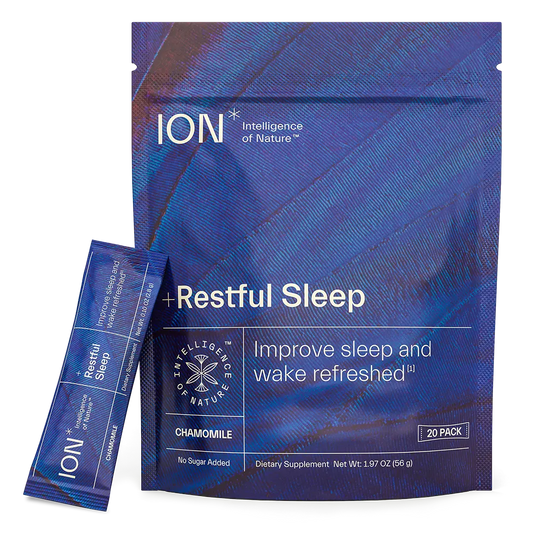Why Skin Health Matters
If you think about the most amazing superhero suit you know of–chances are it's both powerful and protective. But did you know you're wearing a pretty incredible "suit" yourself? (It's your skin!)
Your skin is your first line of defense from, well, everything. As your largest organ, your skin is responsible for keeping harmful toxins, microbes, and germs out of your system, while also guarding against UV rays, facilitating vitamin D production, regulating body temperature, and so much more.
Not bad for a birthday suit.
That's why your skin's health is integral to your overall health and wellbeing. And just like so many other important facets of wellness, one of the biggest and most crucial factors connected to skin health is hydration.
Why Skin Hydration is Key for Skin Health
Dehydrated skin has a variety of causes, but regardless of the reason, the result is the same: your skin is not at its optimum health. (Which is not great, because your skin has some very important jobs to do–see above.)
Skin is made up of three layers: outer layer (epidermis), underlying skin (dermis), and subcutaneous tissue. Thanks to a barrier made of cholesterol, fatty acids, and ceramides, your epidermis is pretty good at keeping your skin hydrated. But, if this barrier is damaged or compromised, it can no longer hold moisture properly and lead to skin issues.
Janet Prystowsky, a dermatologist in NYC, describes it this way: "Think of your skin like a cement sidewalk. When your moisture barrier is broken, it's like deep cracks running up and down your sidewalk. For our skin, those cracks expose our sensitive skin layers to dry air, causing them to dehydrate."
Despite endless topical treatments and personal care products created to address dry skin issues, the secret to helping soothe irritated skin isn't a moisturizing cream or salve–it's being hydrated from the inside first. This is because internally hydrated skin is better equipped to take care of itself by more efficiently flushing away toxins while also more effectively carrying nutrients to the skin's cells.
Dehydrated vs. Dry Skin
While these terms are often used synonymously, there's a big difference between dry and dehydrated skin.
Dry skin is characterized by a skin type that has lower oil production. Dry skin is usually obvious because it's dry, irritated, itchy, and/or can feel "tight". Dehydrated skin, however, is not always as noticeable. Some people can't even tell their skin is dehydrated.
Dehydration is a water deficiency in the skin–whether through lack of getting enough water or an inability to retain it. Where dry skin is a type of skin, dehydration is a skin condition–not something you're born with.
This is why it's possible to have oily and dehydrated skin. (Thanks, science!)
Despite being different, both dry and dehydrated skin can result in less than ideal skin appearance: wrinkles, redness, even congestion and acne.
Benefits of Hydrated Skin
From improved appearance to better overall health, having well hydrated skin comes with a lot of benefits.
Better skin elasticity
The skin's ability to stretch and snap back to its original shape is referred to as "elasticity". When your skin loses hydration, it loses elasticity, which can cause the skin to look saggy, crinkled, or leathery.
Reduction in the appearance of wrinkles
Better hydration helps plump up thirsty and deflated skin cells to iron out fine lines and wrinkles. This effect can be achieved within a short span with increased hydration and maintained longer term with good skincare.
Balanced oil production
When your skin is dehydrated, it can signal to your body that you need to up the oil production in your sebaceous glands–which means you're more likely to deal with acne and congested pores. Hydration helps stop this signaling to end the overproduction of oil.
Stronger defenses
Like mentioned above (but worth mentioning again!), when your skin is hydrated, it is better equipped to defend against harmful germs and microbes. How? It's simple. Dry skin = lipid cracks. Hydrated skin = flexible defensive barrier.
Detoxification
The inability to properly flush toxins can result in dull skin. Hydrated cells aren't just improving the look of your skin, they are doing a better job of removing toxins from your system.
Is Your Skin Dehydrated?
So, how can you tell if your skin is thirsty?
Checking if your skin is dehydrated is easy–all you have to do is pinch your cheek for a simple test. When you pinch and release, your skin will appear "tented" momentarily. How long it takes for your skin to return to its normal shape is an indicator of your hydration level. Skin that "bounces" back into shape quickly is more hydrated, whereas skin that slowly returns to normal is a sign your skin cells are calling out for water.
There's a few visible signs, too, that can indicate less than ideal skin hydration, including:
- Dark undereye circles
- More pronounced fine lines and wrinkles
- Shallow creases on the skin's surface (versus deep set wrinkles)
- Uneven skin tone and complexion
- Redness
- Congestion (acne and blocked pores)
- Inflammation
- Lack of plumpness and "bounce"
Ways to Hydrate Skin
Drink enough water.
First, the best skincare product to help hydrate your skin isn't a product at all. It's water. Surprise, the quickest, most effective, and most beneficial way to hydrate your skin is from the inside by drinking water.
Without question, making sure you're getting enough water is incredibly important to your health–and this includes your skin health.
Eat a diet that includes water-dense foods and foods rich in essential fatty acids.
Water-dense foods are also a good idea to help with hydration. Juicy fruits like melons and peaches are especially great as they are also packed with the added punch of nutrients and minerals.
Enjoying more foods rich in essential fatty acids–like salmon, olive oil, walnuts, and pumpkin seeds–can also help your skin's health and ability to maintain hydration.
Boost your circulation.
Healthy skin needs blood rich in oxygen. Because your skin has a large number of blood vessels, ensuring it has adequate circulation can help it stay healthy and hydrated. Quitting smoking and getting enough exercise can both boost circulation and are both fantastic ideas for skin (and overall!) health.
Avoid foaming cleansers, very hot water, and petrochemical skin products.
Foaming cleansers and hot water can both strip the skin of essential oils causing harm to your natural moisture levels. And don't be tempted to slather on petrochemicals (like Vaseline) to help with dryness, either. While these products can give off the illusion of being nourishing by their thick texture, in reality all they do is sit on the skin's surface without actually upping hydration. (And they're not good for the beneficial microbes that live on your skin, either.)
The Importance of a Healthy Gut for Hydrated, Healthy Skin
Time and time again, science reminds us that gut health is connected to so many other important parts of our body's health. The health of the gut can manifest via the skin in many ways–everything from blemishes to flushing can be attributed to a special connection called the gut-skin axis. This connection shows us that, in simple terms, a healthy gut contributes to healthy skin. (And healthy skin is skin that can maintain hydration.)
Learn More About the Gut-Skin Axis
Anything that can harm your gut health–like sugar, processed food, and alcohol–is not particularly good for your skin health, either. These can all mess with your gut microbiome's delicate balance, which triggers oxidative stress and inflammation that can manifest as skin issues.
And the gut isn't the only microbiome important to skin health. A balanced skin microbiome is critical to keeping healthy, happy skin too. Using skincare products that are formulated to specifically help bolster your skin's unique microbiome are a good idea to help its health flourish (while also avoiding antimicrobials).
Introducing The ION* Skincare Bundle
It's this connection between skin health and gut health that inspired us to create a truly complete skincare package to help you get your best skin ever. The ION* Skincare Bundle has everything you need to support healthy, hydrated, glowing skin: ION* Gut Support and ION* Skin Support.
All natural ION* Gut Support is a liquid wellness solution that's proven to tighten the cellular junctions that keep your gut functioning at its best–meaning a flourishing microbiome, a strengthened immune system, and boosted collagen production.
ION* Skin Support is an easy-to-use spray that helps support your skin's unique microbiome, fights free radical damage (and signs of aging), reduces redness, facilitates a healthy UV response, and helps your skin defend itself from environmental toxins.
When used together, these two powerful, all natural and scientifically backed products cover all the bases to help foster not just beautiful skin, but healthy, thriving skin–inside and out.
Try our ION* Skincare Bundle today.
